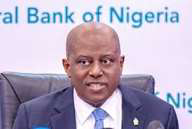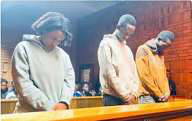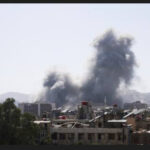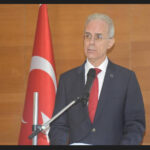Four Killed, Several Injured as Violence Erupts at Youth Rally in Bangladesh’s Gopalganj
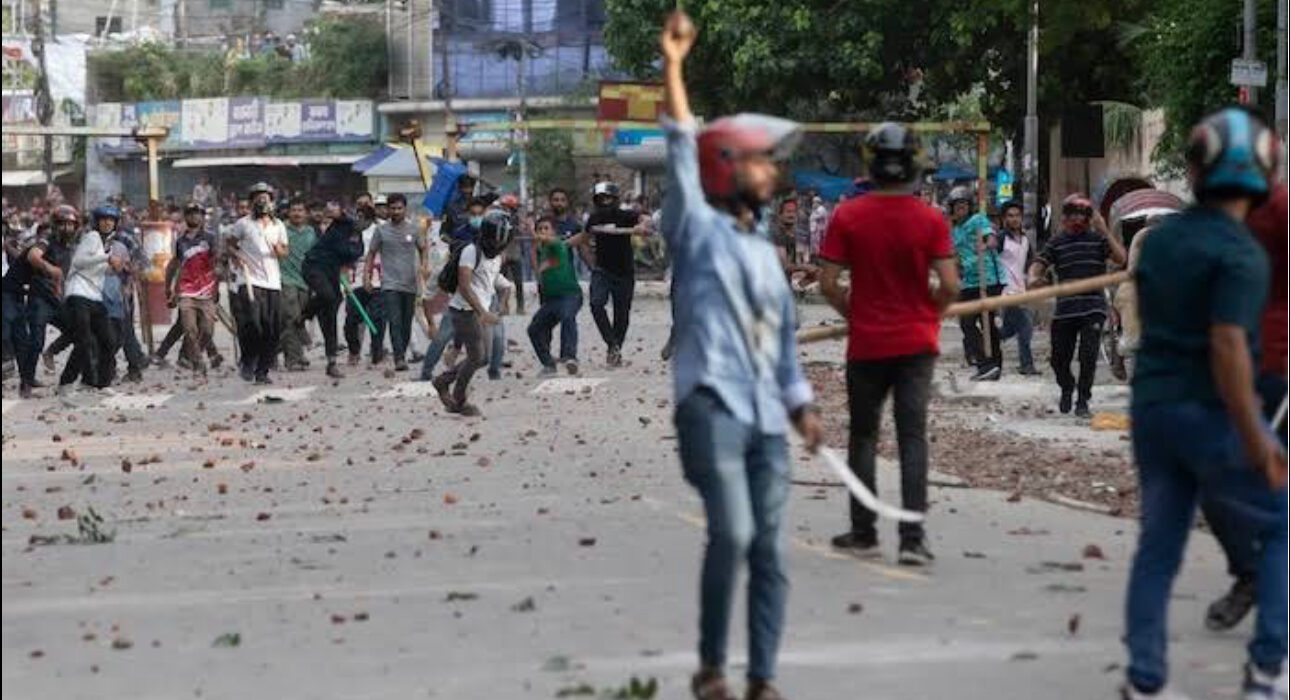
At least four people have been confirmed dead and several others injured after a youth rally in Gopalganj, Bangladesh, turned violent on Wednesday.
The event, organized by the National Citizen Party (NCP) as part of a campaign marking the anniversary of the youth-led movement that contributed to the ouster of former Prime Minister Sheikh Hasina in 2024, descended into chaos following clashes between rally participants, rival political factions, and security forces.
Eyewitnesses reported that the violence began when supporters of the ruling Awami League and its student wing, the Chhatra League, allegedly confronted the NCP demonstrators.
Tensions quickly escalated as security forces intervened with tear gas, rubber bullets, and eventually live ammunition in a bid to disperse the crowd. Protesters responded by throwing stones, leading to a breakdown of order in the area.
Among the confirmed casualties were two young men—25-year-old Dipto Saha and 18-year-old Ramjan Kazi—who reportedly suffered fatal gunshot wounds. At least nine others, including journalists and law enforcement personnel, sustained varying degrees of injuries.
Hospitals in the district remained on high alert throughout the night as emergency services struggled to manage the sudden influx of casualties.
In response to the outbreak of violence, local authorities imposed a dusk-to-evening curfew across Gopalganj, beginning at 8 p.m. on July 16 and scheduled to end at 6 p.m. on July 17.
The military has also been deployed to maintain order and prevent any further escalation.
The interim government, led by economic reform advocate, Muhammad Yunus, strongly condemned the attack, accusing remnants of the former ruling party of attempting to sabotage democratic progress. Yunus, who heads the transitional administration formed after Sheikh Hasina’s removal last year, described the violence as “unprovoked and politically motivated.”
He vowed that those responsible would be brought to justice and called for calm and unity among the population.
Meanwhile, the Awami League issued a counter statement, claiming that some of its members had also come under attack and that at least one of their supporters was killed by military gunfire.
The party criticized what it called excessive use of force by security agencies and demanded an impartial investigation into the incident.
The rally was part of the NCP’s “July March to Rebuild the Nation,” a movement intended to mobilize youth across the country in support of political reforms, social justice, and accountability.
Organizers chose Gopalganj for its symbolic significance—it is the hometown and burial place of Sheikh Mujibur Rahman, Bangladesh’s founding leader and father of Sheikh Hasina—making it a politically charged location for such a demonstration.
The deadly clash has triggered widespread outrage across the country, with rights groups and opposition parties demanding transparency, accountability, and an end to political intimidation. Several major political factions, including the Bangladesh Nationalist Party (BNP) and Jamaat-e-Islami, have expressed solidarity with the victims and called for nationwide protests.
With Bangladesh preparing for its next general elections in 2026, the violence in Gopalganj is likely to heighten political tensions and deepen the rift between the old political establishment and the emerging youth-led movements demanding systemic change.


